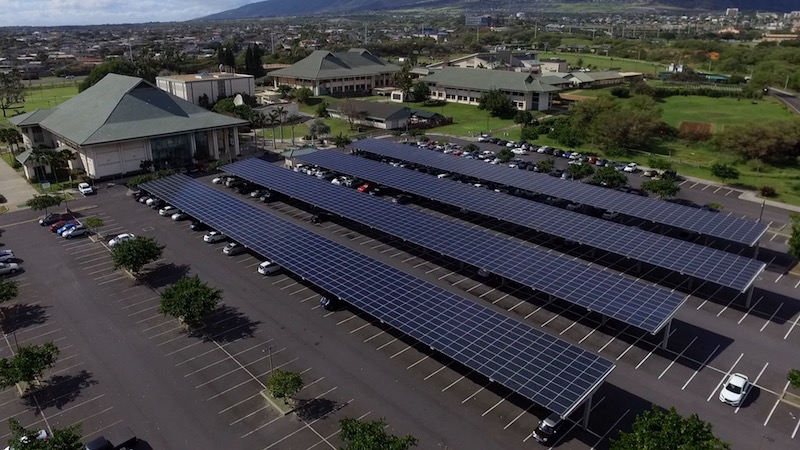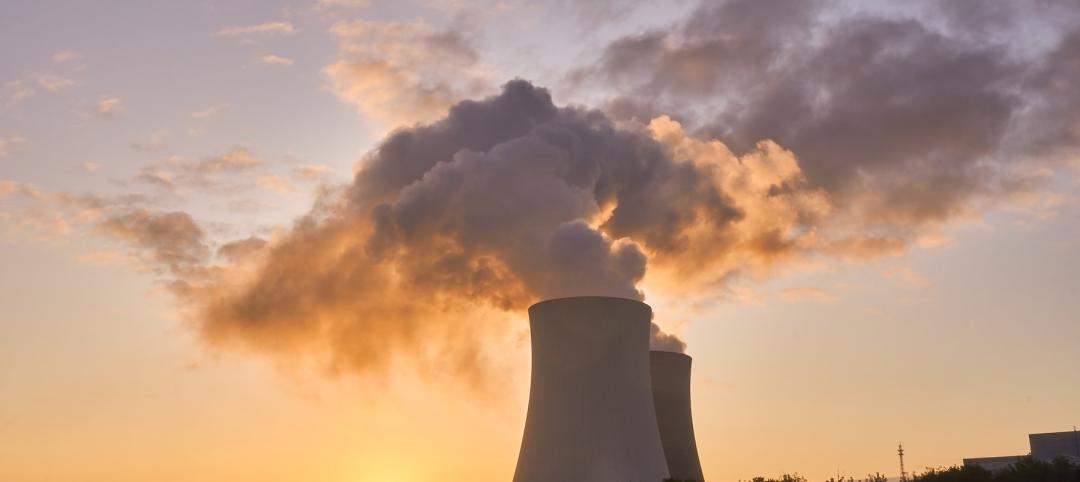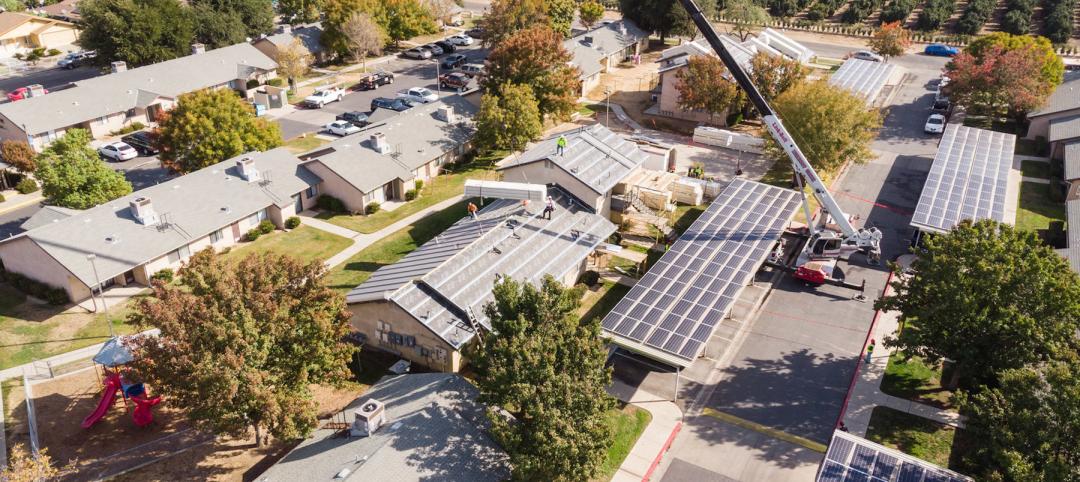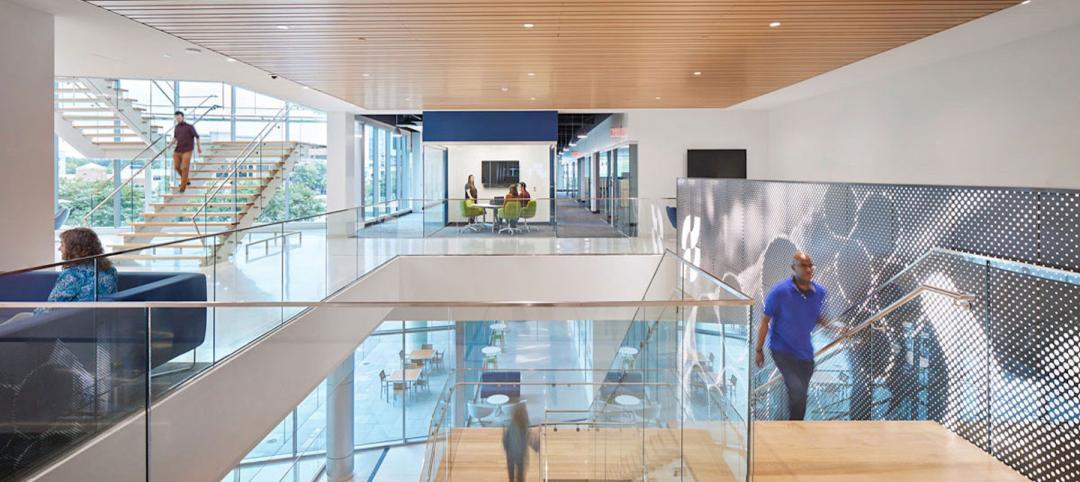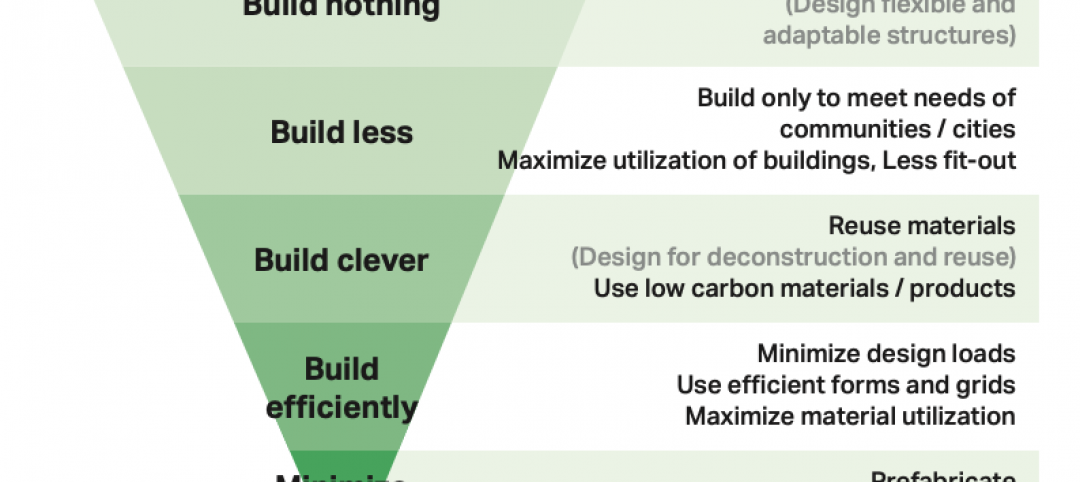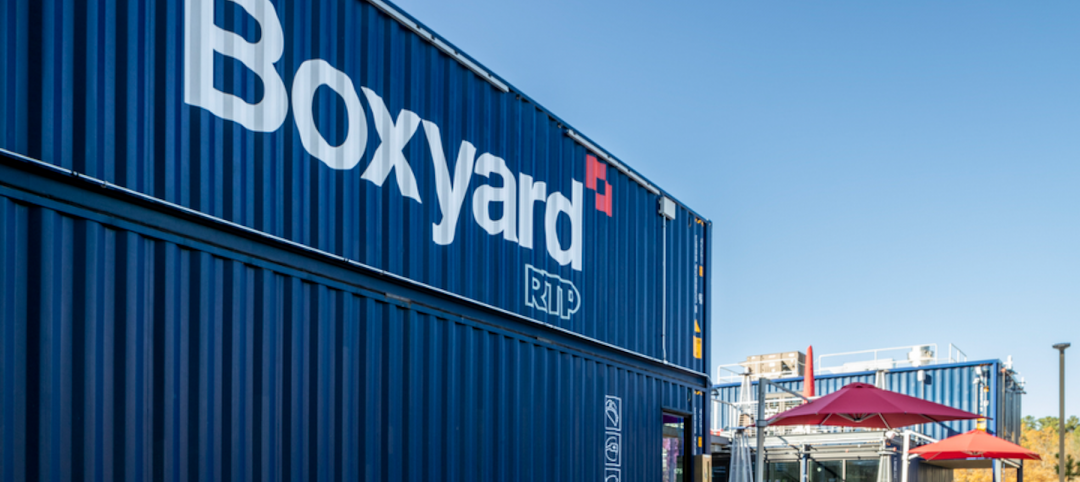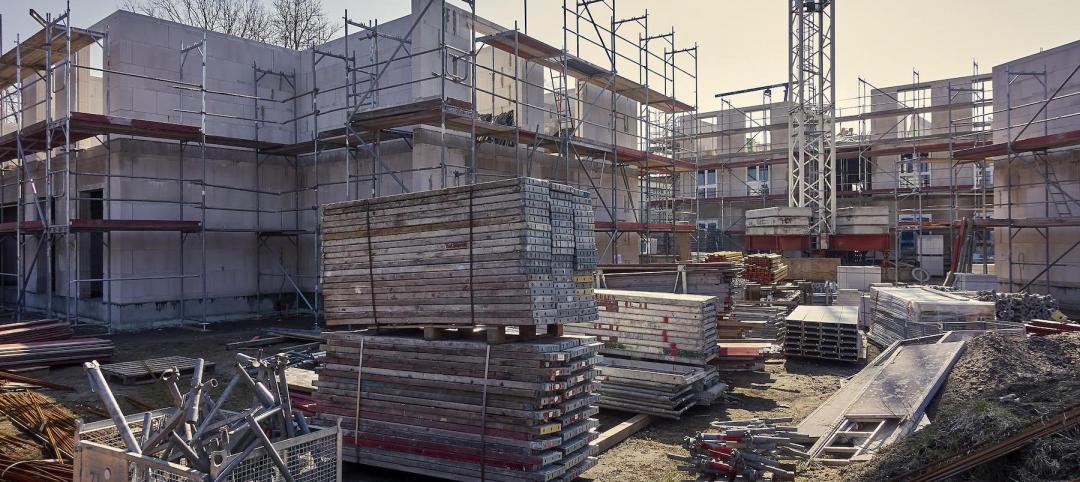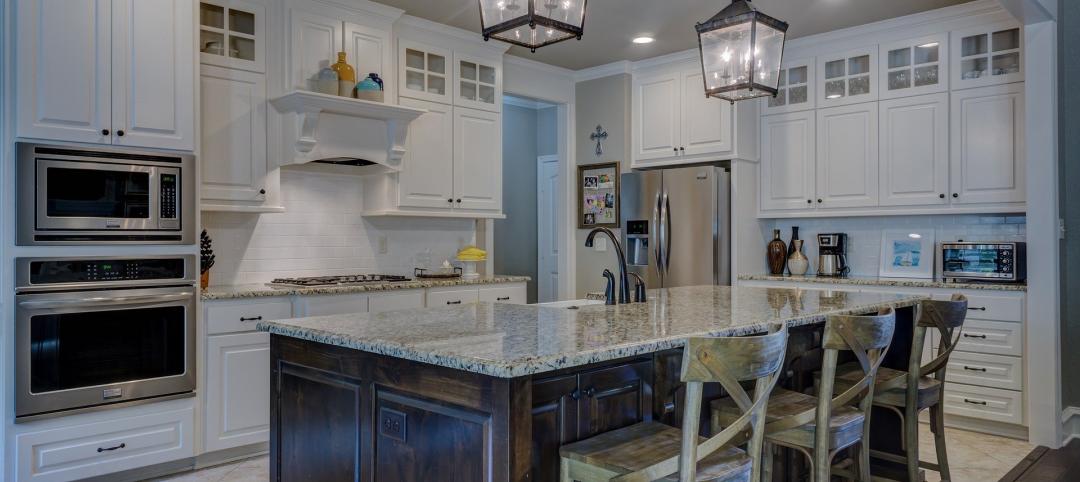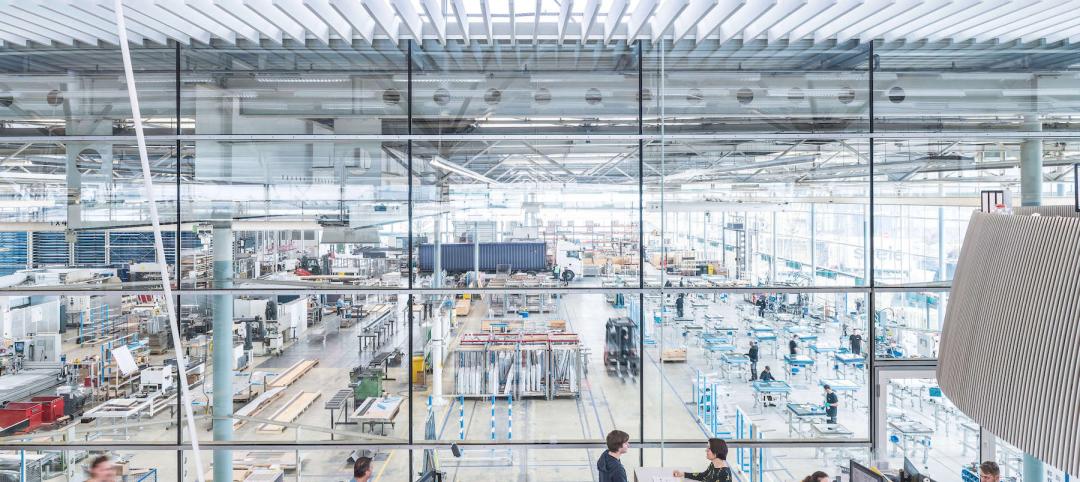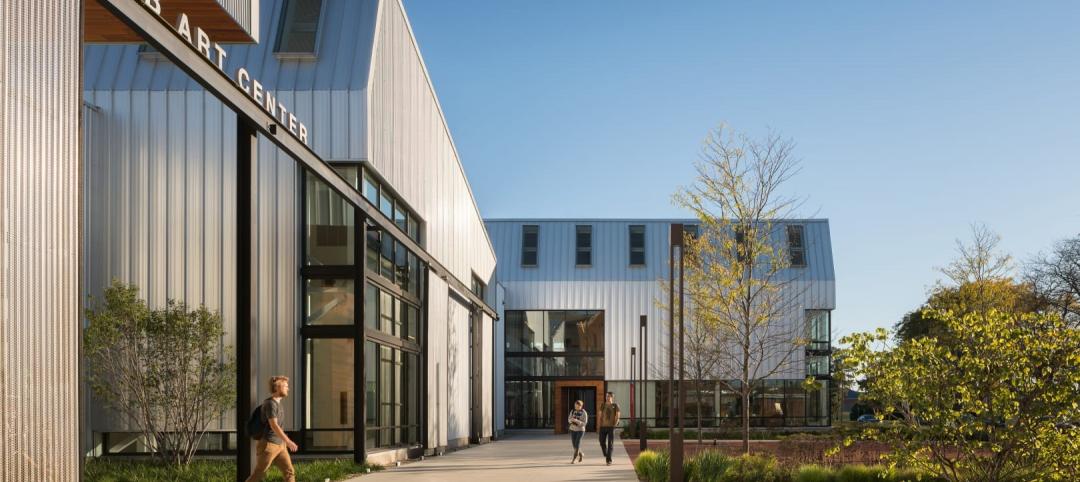In 2015, the University of Hawaii (UH) and the Hawaii Legislature established a goal for the UH university system to be net-zero by Jan. 1, 2035. Of all the campuses in the UH system, the University of Hawaii Maui College is on target to be the first to supply 100% of its energy needs through on-site photovoltaic systems coupled with battery storage, and it will do so 16 years ahead of schedule.
When it becomes operational in 2019, the UH Maui College PV plus storage system will be able to eliminate the campus’s fossil fuel-based energy use. The project is part of a partnership with Johnson Controls and Pacific Current and is currently in its second phase. Phase one saw the implementation of energy efficiency measures at UH Maui College and across all of the UH campuses. Phase two includes additional energy efficiency upgrades and the installation of the on-site solar PV coupled with battery storage.
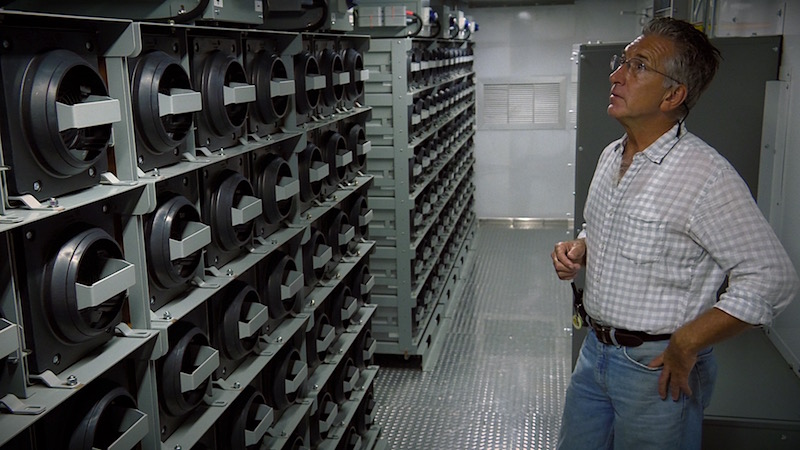 UH Maui College Physical Plant Manager Robert Burton looks at battery array. Photo courtesy University of Hawaii.
UH Maui College Physical Plant Manager Robert Burton looks at battery array. Photo courtesy University of Hawaii.
Phase two will bring the total on-site capacity to 2.8 MW of solar PV and 13.2 MWh of battery distributed energy storage at UH Maui College. Phase two will reduce the fossil fuel energy consumption across all of the five UH campuses by ~14 GWh annually (45%) and add ~13 GWh renewable energy generation.
By the end of phase two, the UH Oahu campuses will reduce their use of fossil fuel for energy by 98% (Leeward Community College), 97% (Honolulu Community College), 74% (Kapi’olani Community College), and 70% (Windward Community College).
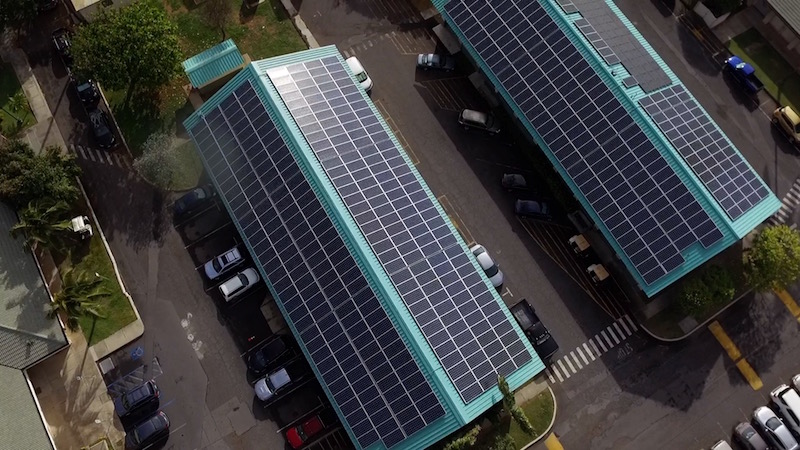 Photo courtesy University of Hawaii.
Photo courtesy University of Hawaii.
Related Stories
Energy-Efficient Design | Jul 19, 2022
All is not lost: 3 ways architects can respond to the Supreme Court’s EPA ruling
The U.S. Supreme Court’s ruling to limit the Environmental Protection Agency’s power to regulate greenhouse gas (GHG) emissions from power plants dealt a significant blow to our ability to fight the climate crisis with federal policy.
Energy | Jul 13, 2022
Electrification of buildings, new and old, furthers environmental responsibility and equity
It’s almost a cliché in our industry, but nonetheless: The greenest building is the one that is already built.
Building Team | Jul 12, 2022
10 resource reduction measures for more efficient and sustainable biopharma facilities
Resource reduction measures are solutions that can lead to lifecycle energy and cost savings for a favorable return on investment while simultaneously improving resiliency and promoting health and wellness in your facility.
Building Team | Jul 1, 2022
How to apply WELL for better design outcomes
The International WELL Building Institute (IWBI) cites attracting top talent, increasing productivity, and improving environmental, social or governance (ESG) performance as key outcomes of leveraging tools like their WELL Building Standard to develop healthier environments.
Energy-Efficient Design | Jun 16, 2022
Arup kicks off its commitment to lifecycle carbon assessments
Goal is to provide insights that guide clients’ design decisions.
Energy-Efficient Design | May 19, 2022
Shipping containers used to build Research Triangle Park’s first community gathering space
Shipping containers were the prominent building material used to construct Boxyard RTP, the first public community and gathering place in North Carolina’s Research Triangle Park (RTP).
Codes and Standards | May 19, 2022
JLL launches non-profit aiming to mitigate climate change
Real estate and investment management firm JLL recently launched JLL Foundation, a non-profit dedicated to making a long-term impact on environmental sustainability.
Multifamily Housing | May 11, 2022
Kitchen+Bath AMENITIES – Take the survey for a chance at a $50 gift card
MULTIFAMILY DESIGN + CONSTRUCTION is conducting a research study on the use of kitchen and bath products in the $106 billion multifamily construction sector.
Sponsored | BD+C University Course | May 3, 2022
For glass openings, how big is too big?
Advances in glazing materials and glass building systems offer a seemingly unlimited horizon for not only glass performance, but also for the size and extent of these light, transparent forms. Both for enclosures and for indoor environments, novel products and assemblies allow for more glass and less opaque structure—often in places that previously limited their use.
Architects | Apr 22, 2022
Top 10 green building projects for 2022
The American Institute of Architects' Committee on the Environment (COTE) has announced its COTE Top Ten Awards for significant achievements in advancing climate action.


